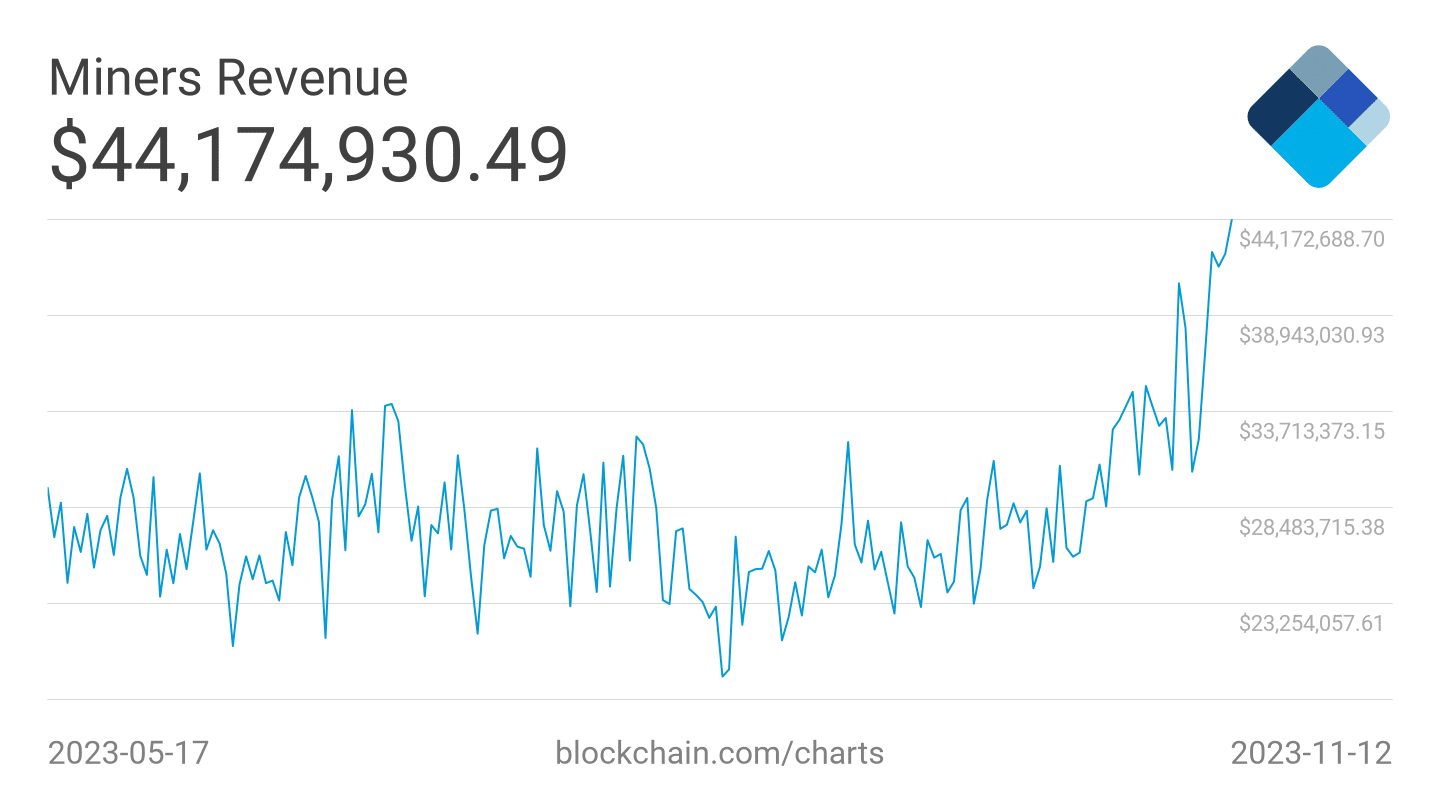Hong Kong pushes for Bitcoin, but a concern arises

- Hong Kong lawmakers have become interested in Bitcoin of late.
- The king coin’s 2024 halving poses a threat to miners.
The recent surge in price for Bitcoin [BTC] inspired optimism amongst various traders and investors. However, the optimism wasn’t just limited to individual traders. Hong Kong lawmakers have been actively seen to push for BTC as well.
Bitcoin for progress
A Hong Kong lawmaker recently suggested letting people buy Bitcoin for the city’s immigration program. Hong Kong restarted this program after eight years. The immigration program usually asks for around $3.84. But now, people can use Bitcoin for their investments.
This program can be good for Bitcoin, as it indicates growing interest. However, there was a glaring issue. Notably, BTC is known for being highly volatile. This can make investors lose their initial capital.
Thus, governments need to ensure that people understand the risks when it comes to using Bitcoin for this purpose. Overall, if more countries adopt Hong Kong’s stance on crypto, it will be good for the king coin in the long-term.
Some concerns
Regardless of the above news, Bitcoin’s growth remained on the cusp of waning. This was especially due to miners, who may greatly feel the impact of the 2024 halving.
Bitcoin’s halving can affect miners in different ways. When it happens, miners’ reward for confirming transactions gets cut in half. This can make it harder for miners to earn money. They need more powerful computers to compete.
If the price of Bitcoin doesn’t go up after halving, some miners might stop because they’re not making enough money.
Is your portfolio green? Check out the BTC Profit Calculator
Halving can also make it harder for new miners to start. It’s a competitive world, and it’s tough if you don’t have the latest equipment. Some miners might need to sell some of their Bitcoin to cover costs, but if the price is low, they lose money.
But for now, miners had nothing to worry about, as their revenue stood at over $44 million at press time.







